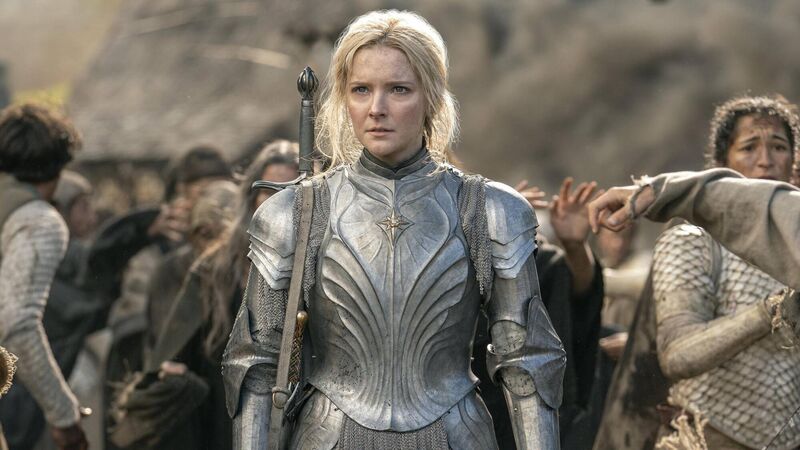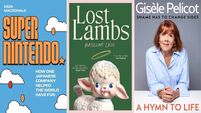David O'Mahony: Gatekeepers for screen adaptations of books should leave the rest of us to enjoy them

Morfydd Clark’s Galadriel is someone you’d follow into battle thinking you might win. Photo: Matt Grace/Prime Video
I might get cancelled for this one. Spurned by fellow readers, a pariah to my fellow writers, maybe even cast out of Bookhalla altogether.
I really like , Prime’s series based on the and its epically detailed appendices. There, I said it. It’s out there. I’m not taking it back and you can’t make me.
BOOKS & MORE
Check out our Books Hub where you will find the latest news, reviews, features, opinions and analysis on all things books from the Irish Examiner's team of specialist writers, columnists and contributors.
















